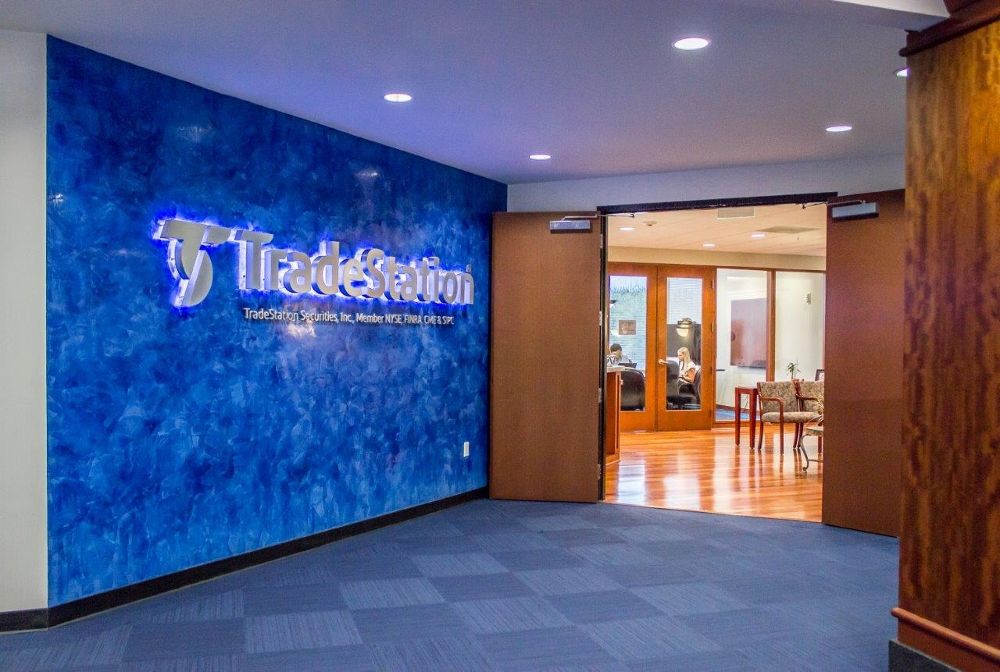
The regulator investigated and fined two other big names within the industry for the same reason.

The Securities and Exchange Commission fined TradeStation $425,000 for deficiencies relating to the prevention of customer identity theft.
The TradeStation order also found that the firm failed to adequately involve its board of directors in the oversight, development, implementation, and administration of its identity theft prevention program and failed to exercise appropriate and effective oversight of service provider arrangements.
The regulator investigated and fined two other big names within the industry for the same reason. JP Morgan and UBS were ordered to pay $1.2 million and $925,000, respectively, to settle charges without admitting or denying the SEC’s findings.
Carolyn M. Welshhans, Acting Chief of the SEC Enforcement Division’s Crypto Assets and Cyber Unit, said: “Regulation S-ID is designed to help protect investors from the risks of identity theft. Today’s actions are reminders that broker-dealers and investment advisers must design and operate identity theft prevention programs that are appropriately tailored to their businesses and update them in response to the increased threat and changing nature of identity theft.”
SEC Charges JPMorgan, UBS, And TradeStation For Deficiencies Relating To The Prevention Of Customer Identity Theft
The Securities and Exchange Commission today separately charged J.P. Morgan Securities LLC, UBS Financial Services Inc., and TradeStation Securities, Inc. for deficiencies in their programs to prevent customer identity theft, in violation of the SEC’s Identity Theft Red Flags Rule, or Regulation S-ID.
According to the SEC’s orders, from at least January 2017 to October 2019, the firms’ identity theft prevention programs did not include reasonable policies and procedures to identify relevant red flags of identity theft in connection with customer accounts or to incorporate those red flags into their programs.
In addition, the SEC’s orders find that the firms’ programs did not include reasonable policies and procedures to respond appropriately to detected identity theft red flags, or to ensure that the programs were updated periodically to reflect changes in identity theft risks to customers.
TradeStation has been quite focused on the crypto segment, with ongoing enhancements to its trading offering. The firm has recently added Aave (AAVE), Compound (COMP), Chainlink (LINK), Polygon (MATIC), Maker (MKR), and Shiba Inu (SHIB).
In addition to the six newly added coins, clients will continue to have access to trade Bitcoin (BTC), Bitcoin Cash (BCH), Ethereum (ETH), Litecoin (LTC), and USD Coin (USDC).
TradeStation Crypto now boasts 12 cryptos in its offering, available for trading on the broker’s web and mobile applications alongside its suite of API’s that include both REST and FIX API’s.
The digital asset division of TradeStation aggregates multiple pools of liquidity in a consolidated market data feed combined with an intelligent order-routing system designed to give its clients enhanced visibility and trade execution.
Users have access to a capable client services and technical support team as well as educational tools for investors and traders with varying levels of experience.
The US-based crypto platform helps clients own cryptocurrency as an alternative investment in a Self-Directed Individual Retirement Arrangement (IRA), providing flexibility for individuals and investment advisers who aim to achieve greater diversification in their retirement accounts.
This news is republished from another source. You can check the original article here

Be the first to comment